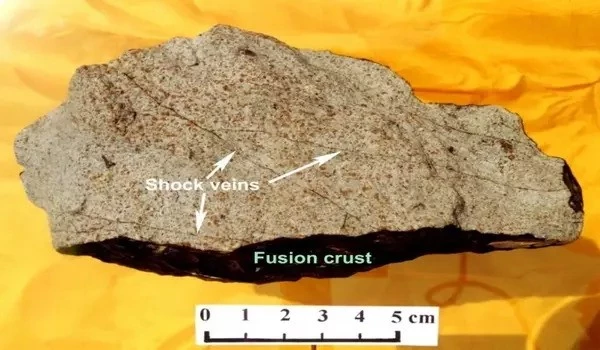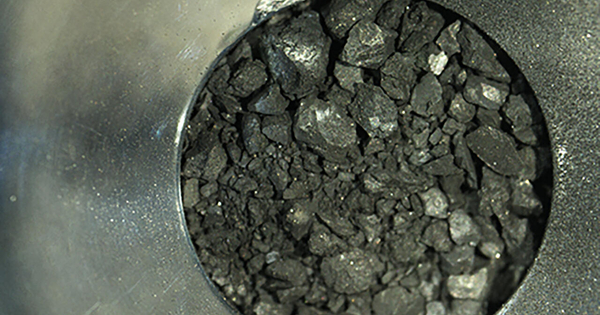Asteroids, as remnants of planetary embryos that failed to form into planets, provide valuable insights into the early solar system. A recent study of Ryugu samples revealed information about the composition of water and carbon-rich small bodies in the solar system.
A groundbreaking study led by an international team of scientists has revealed previously unknown details about the nature of the asteroid Ryugu, as well as shed light on the composition of water- and carbon-rich small bodies in the solar system.
Asteroids like Ryugu are the remains of planetary embryos that never grew to full size, providing invaluable insights into the materials that formed in the early solar system. The research focused on laboratory measurements of samples returned to Earth by the Hayabusa2 spacecraft in 2020. Hayabusa2, led by the Japan Aerospace Exploration Agency (JAXA), sought to discover the true nature of Ryugu and investigate how astrologists can use meteorite knowledge to interpret telescopic observations of other hydrous asteroids.
This research provides new insights into the composition and evolution of small bodies in our solar system. By considering the impact of terrestrial weathering on meteorites, we can refine our interpretations of asteroid compositions and advance our knowledge of the solar system’s early history.
Kana Amano
Unlike meteorites derived from similar hydrous asteroids, the Ryugu samples were not altered by terrestrial interaction with oxygen and water in the Earth’s atmosphere.
Reflectance spectroscopy, a key technique for connecting laboratory analyses of meteorites to asteroid observations, was used to compare fresh Ryugu samples to meteorites altered in terrestrial environments. The team was successful in developing analytical procedures that avoided exposing the samples to the Earth’s atmosphere, ensuring that their original conditions were preserved.
Previous studies suggested that Ryugu’s sample mineralogy resembled CI chondrites, the most primitive meteorites chemically. However, other studies have contradicted this by revealing a significant difference in reflectance spectra between Ryugu samples and CI chondrites. Further investigations in the new study indicated that heating CI samples under reducing conditions at 300 °C reproduced Ryugu’s sample mineralogy well, resulting in spectra closely matching those of Ryugu samples.

The findings call into question previously held beliefs about the parent bodies of CI chondrites and highlight the vulnerability of primitive meteorite spectra to terrestrial weathering. According to the findings, actual CI chondrite parent bodies have darker and flatter reflectance spectra than previously thought.
“This research provides new insights into the composition and evolution of small bodies in our solar system. By considering the impact of terrestrial weathering on meteorites, we can refine our interpretations of asteroid compositions and advance our knowledge of the solar system’s early history,” said Kana Amano, co-author of the paper and a former PhD student at Tohoku University’s early Solar System evolution Research Group.





